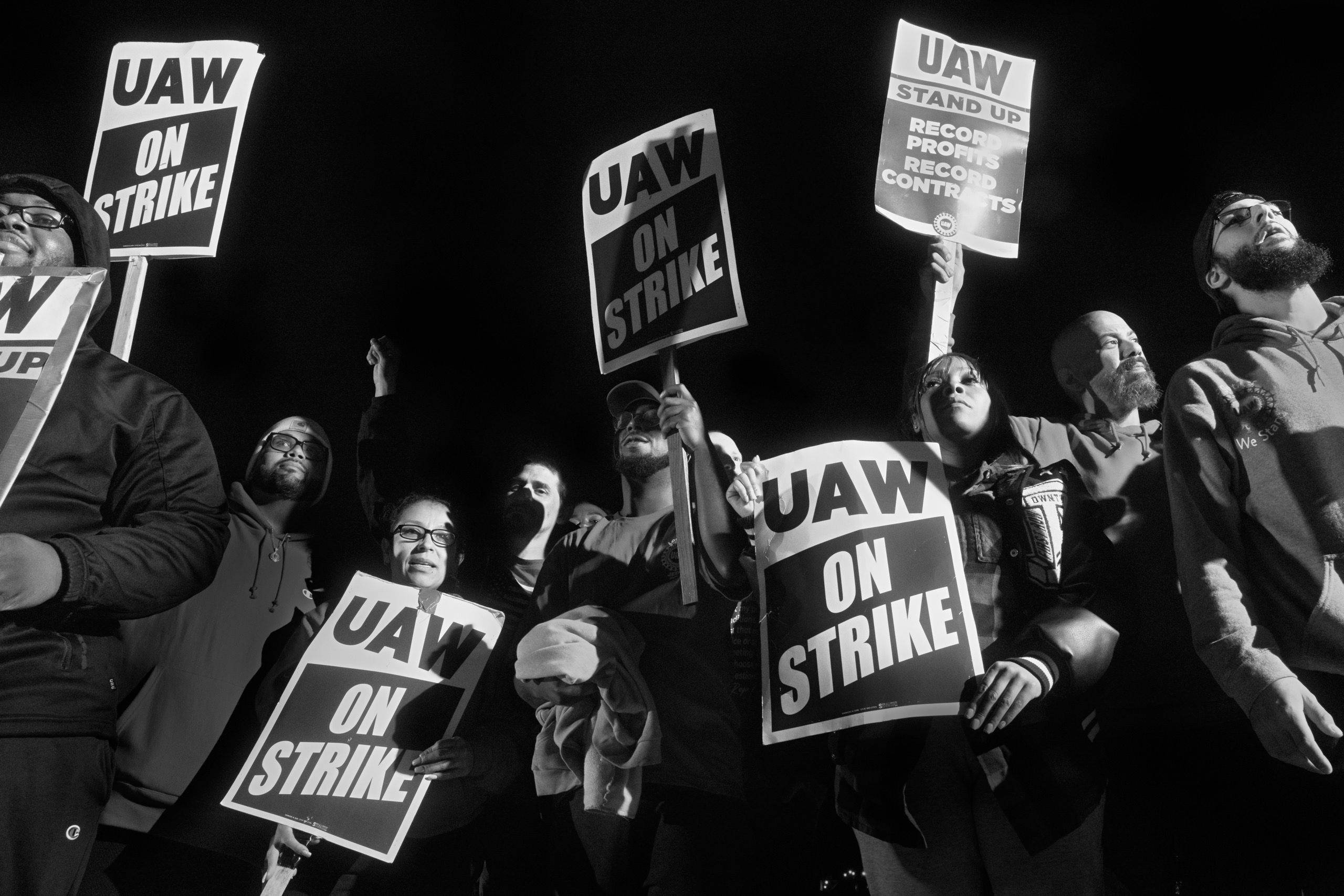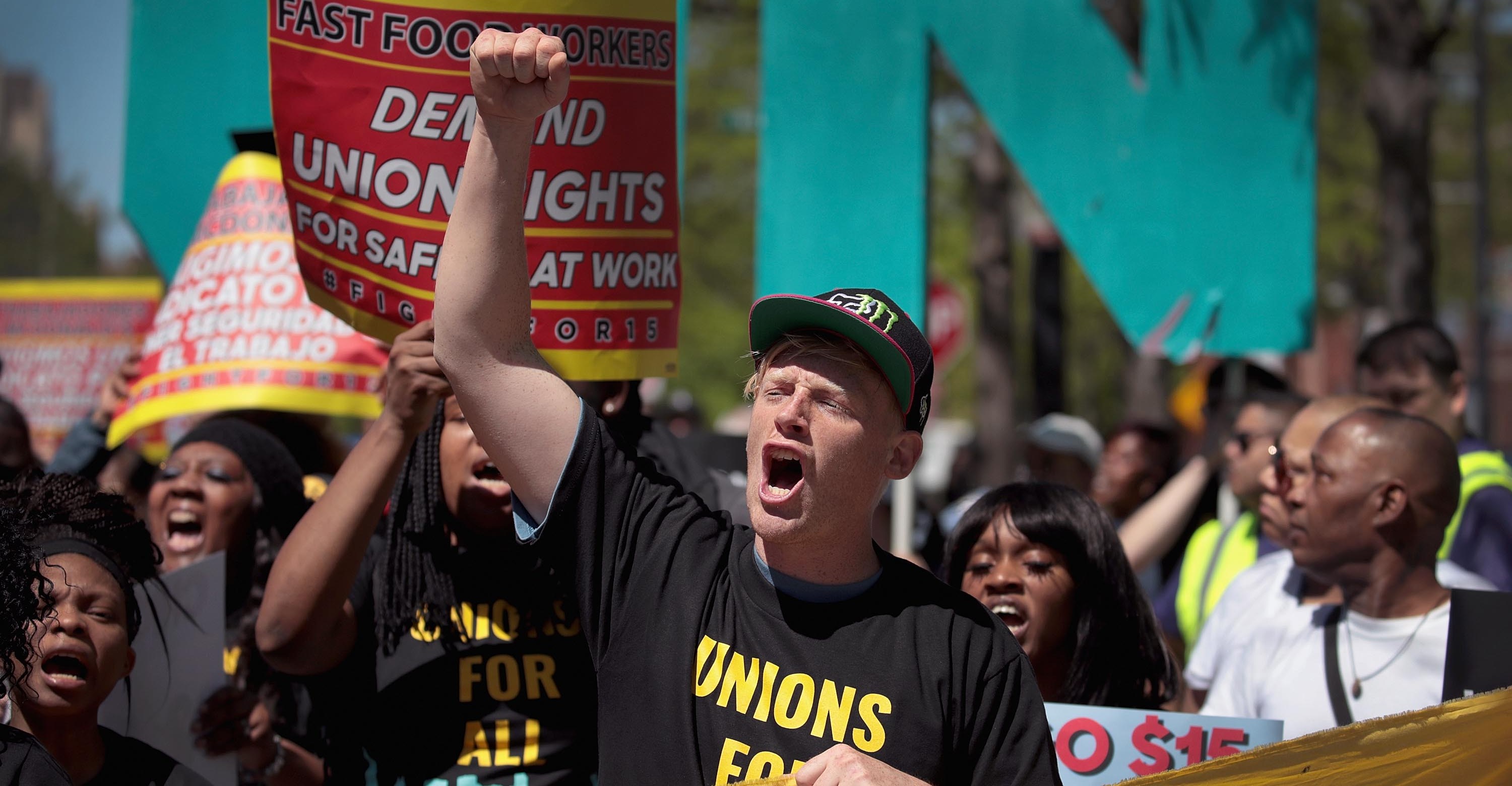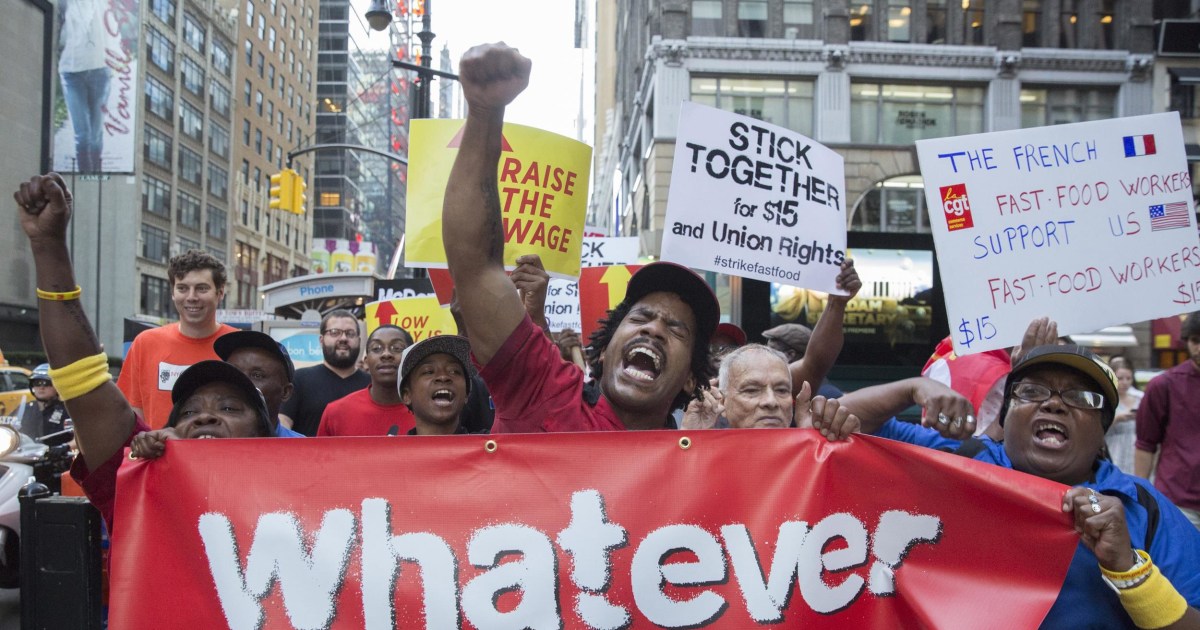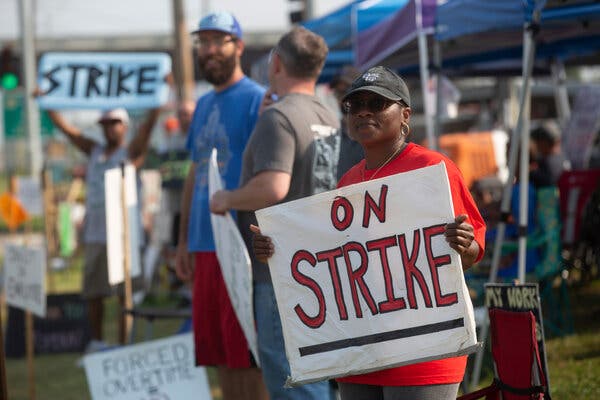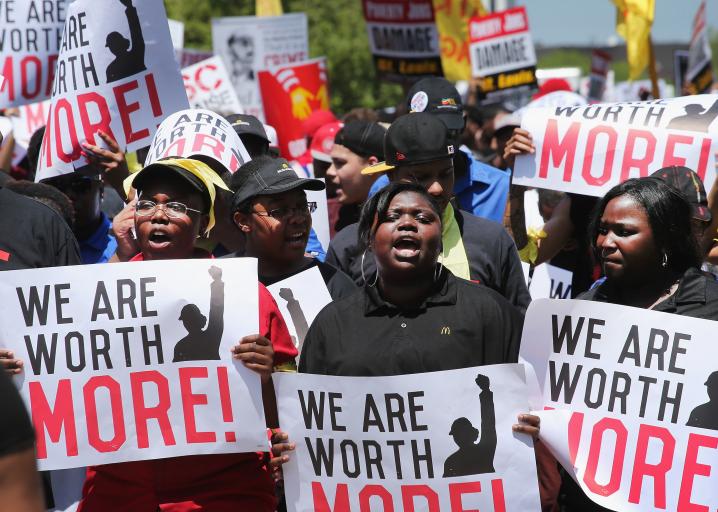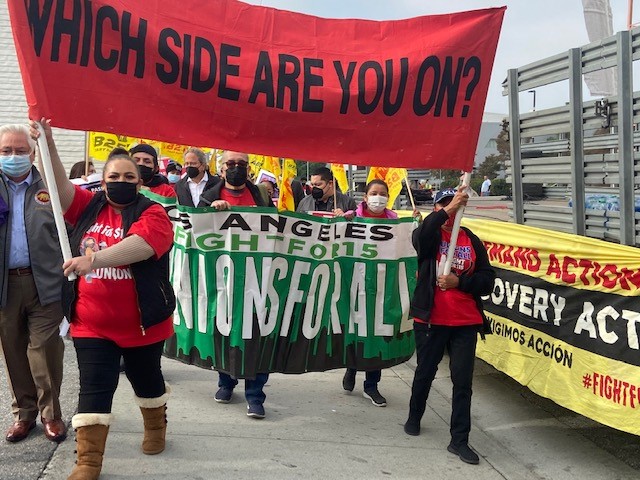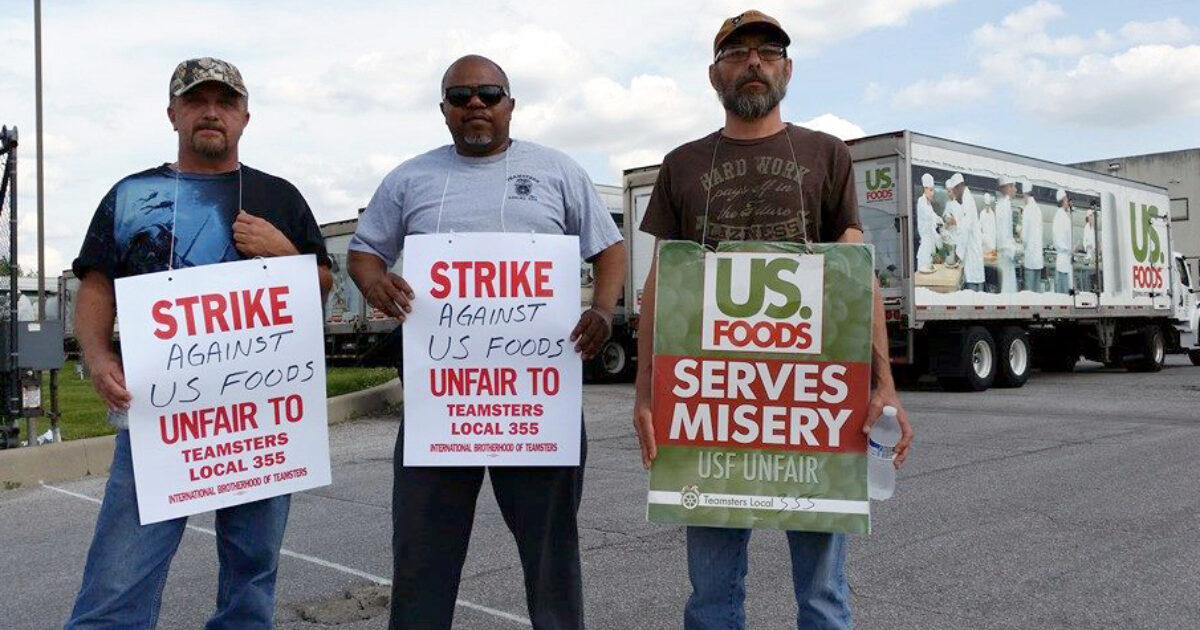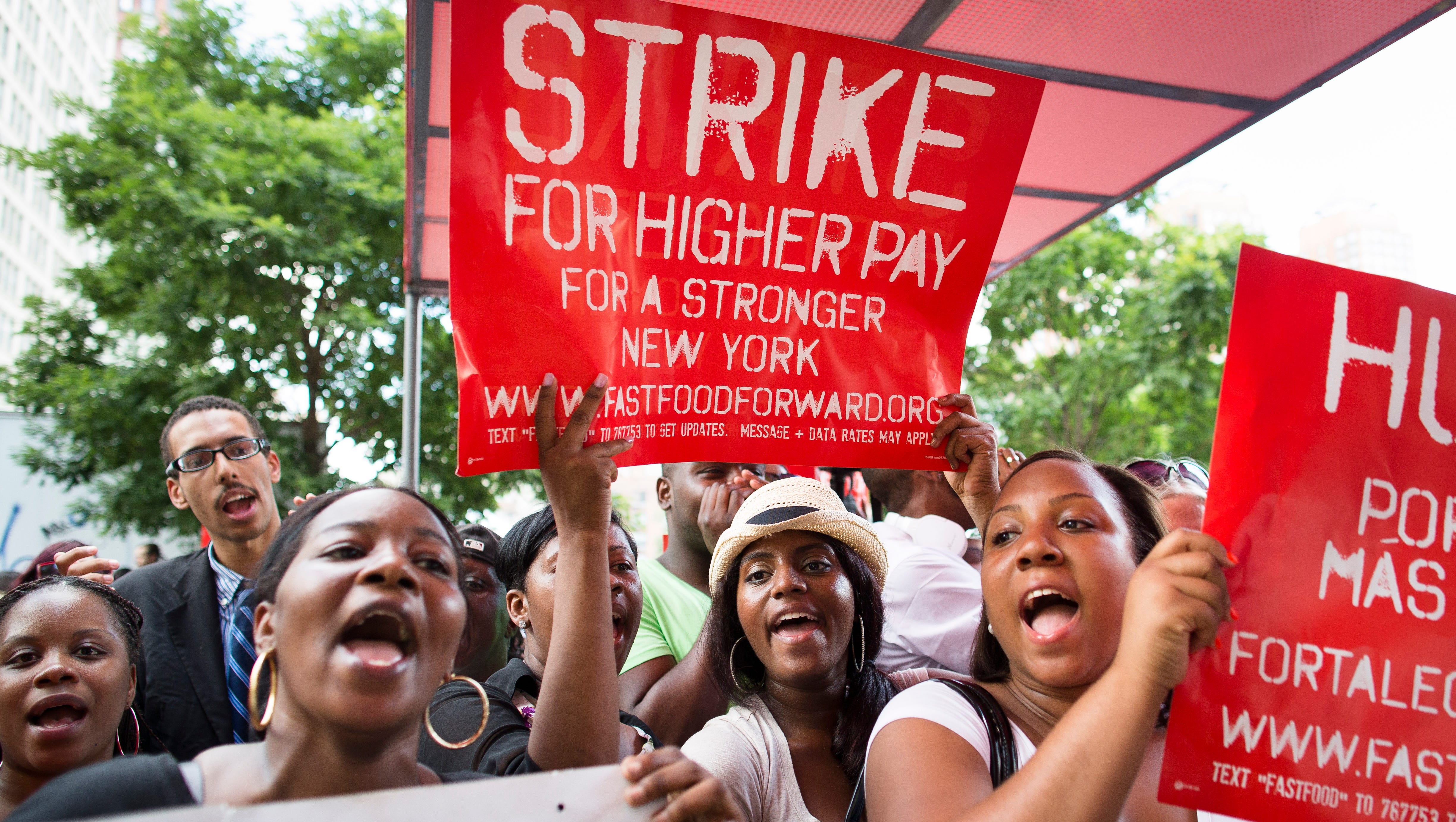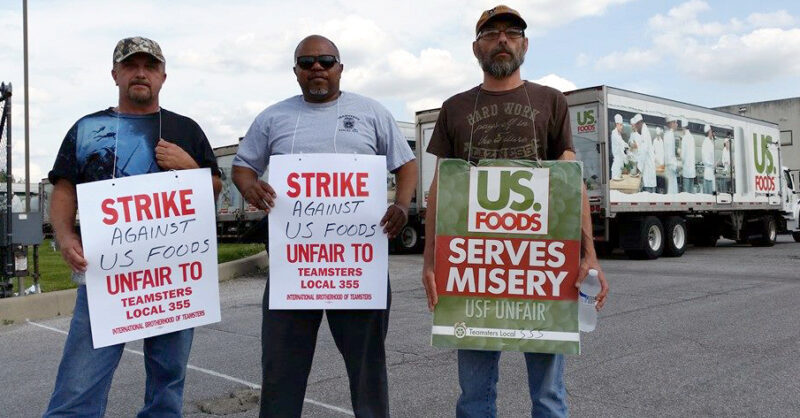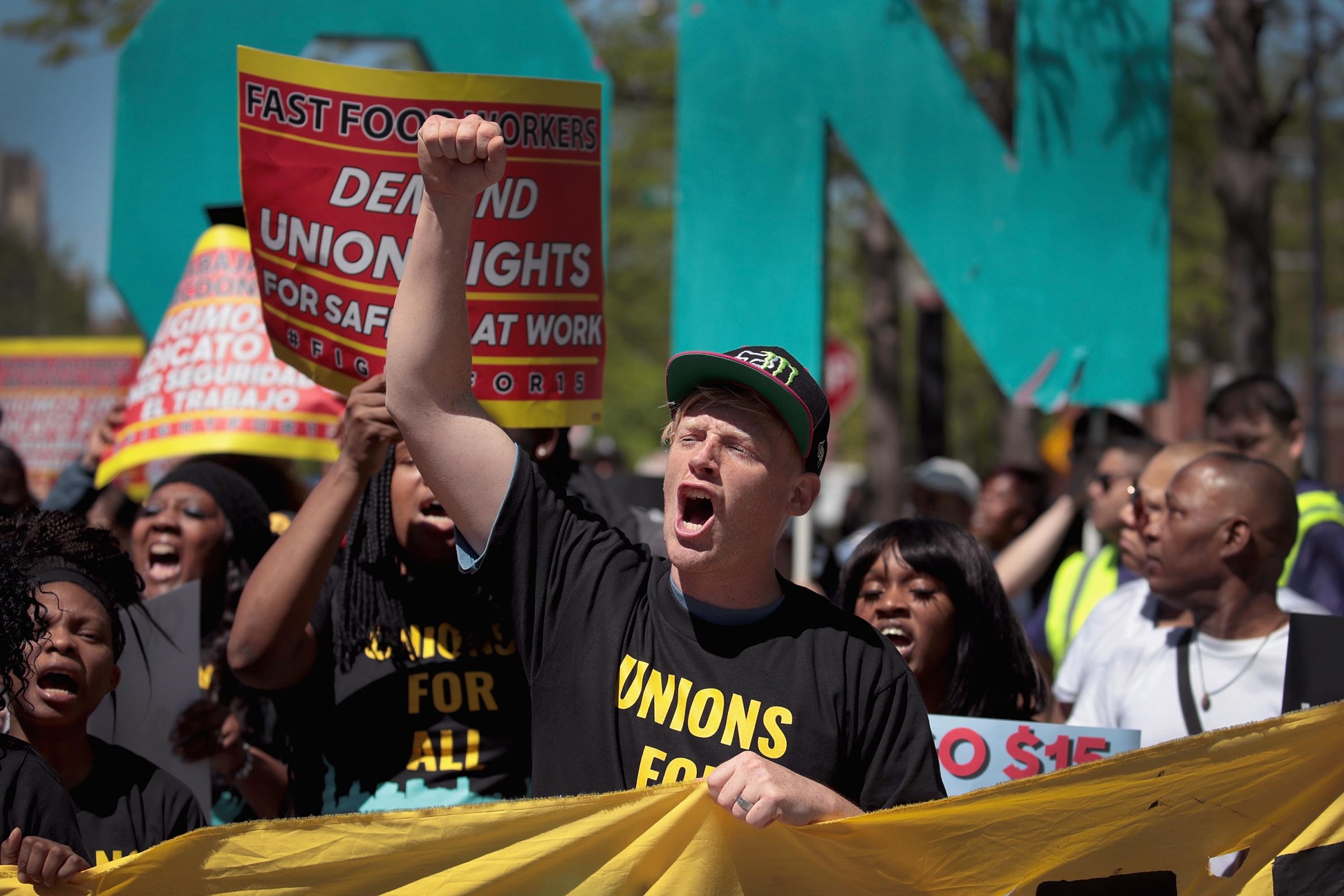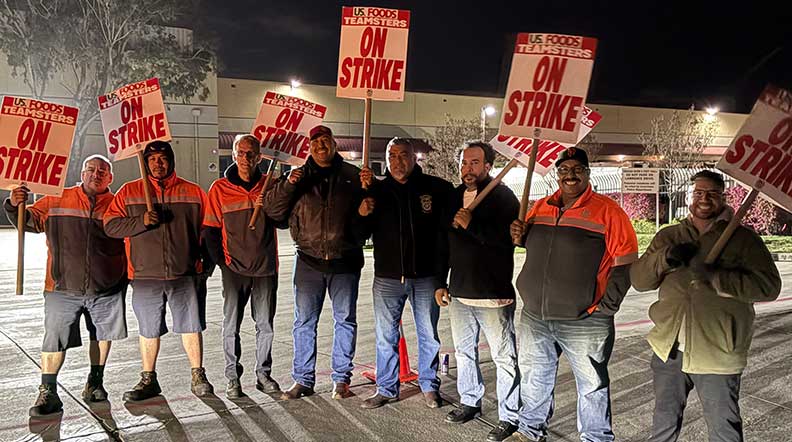Food Network Faces Employee Boycott and Strike: What Happened?
In an unexpected turn of events, a substantial number of employees at Food Network have declared a boycott and announced plans to go on strike. This collective action has thrown the network’s leadership into turmoil, raising questions about the future of one of the most popular culinary entertainment channels. But what exactly triggered this wave of dissent among Food Network’s workforce? This article delves into the reasons behind the boycott, the demands of the employees, and the potential consequences for the network and its viewers.
Why Employees Have Declared a Boycott of Food Network
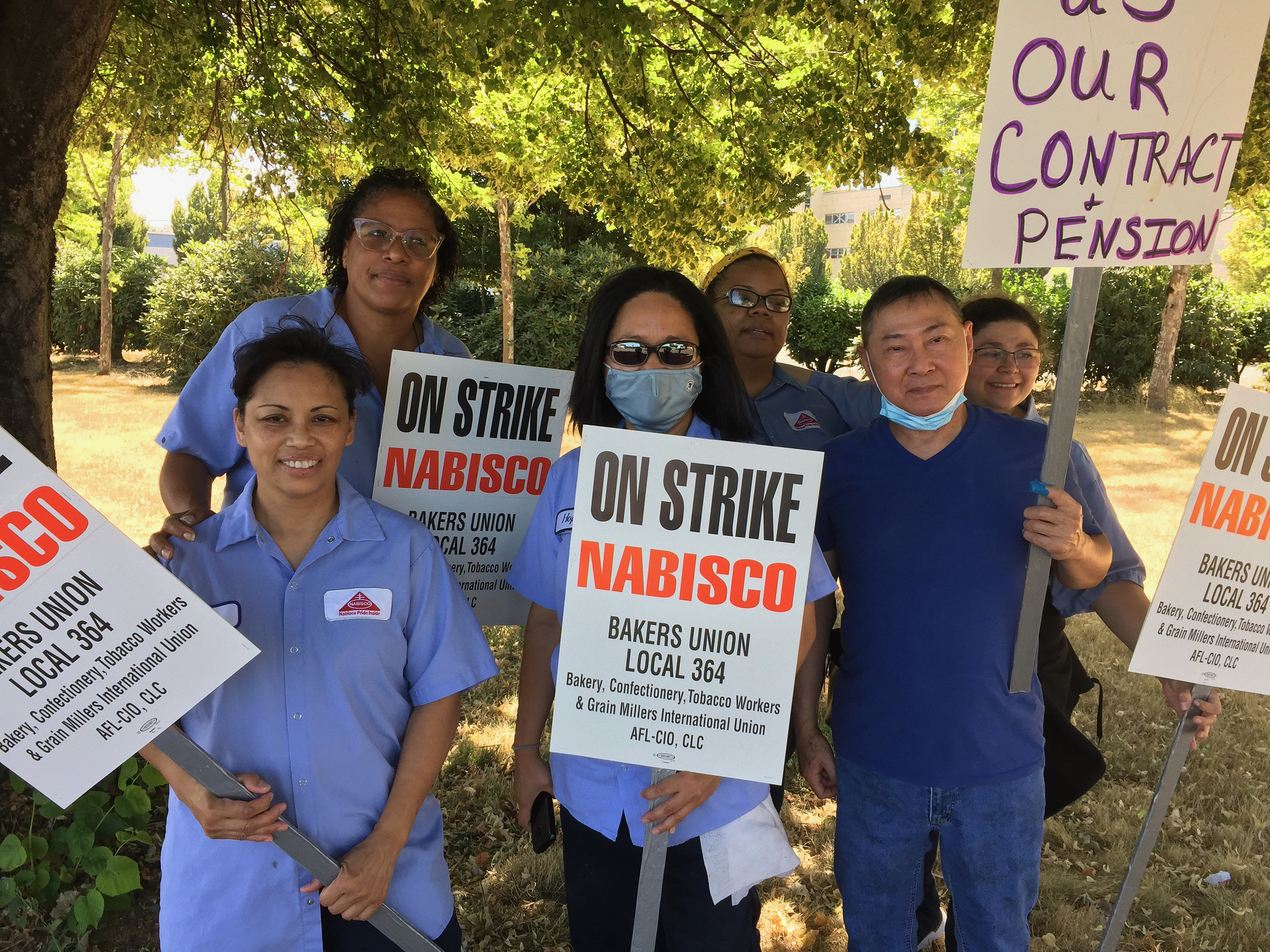
The boycott of Food Network stems from growing dissatisfaction among employees regarding workplace conditions, compensation, and management decisions. Over recent months, staff members have voiced concerns about inadequate pay, lack of benefits, and insufficient support for work-life balance. These issues culminated in a collective decision to take a stand against the network’s leadership.
One of the primary grievances is the disparity between the network’s lucrative revenue streams and the wages paid to its behind-the-scenes employees. Many workers feel that their contributions to the channel’s success are undervalued, especially as Food Network continues to expand its programming and audience reach. Additionally, there have been reports of a lack of transparency in decision-making processes, which has further eroded trust between employees and management.
The boycott is not just about financial compensation; it also highlights demands for better working conditions, including more flexible schedules, improved health benefits, and a safer, more inclusive workplace environment. Employees are calling for meaningful dialogue with leadership to address these concerns and implement lasting changes.
The Impact of the Food Network Boycott on the Industry and Viewers
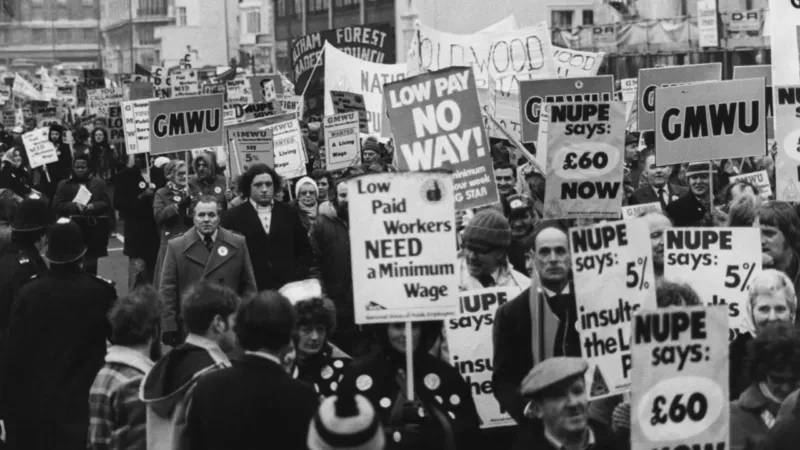
The announcement of the boycott and strike has sent shockwaves through the entertainment and culinary industries. Food Network, known for its popular cooking shows and celebrity chefs, relies heavily on a dedicated workforce to produce high-quality content. A prolonged strike could disrupt production schedules, delay new episodes, and affect advertising revenues.
For viewers, this turmoil may result in fewer new shows and reruns dominating the schedule. Loyal fans who tune in daily for cooking inspiration and entertainment might find their favorite programs interrupted or postponed. Moreover, the boycott has sparked broader conversations about labor rights and fair treatment in the media industry, encouraging other networks to examine their own workplace practices.
From a business perspective, Food Network’s leadership faces a critical moment. How they respond to the boycott could determine the network’s reputation and employee morale moving forward. Engaging in constructive negotiations and addressing the root causes of the strike will be essential to restoring stability and trust.
What’s Next for Food Network and Its Employees?

As the boycott gains momentum, both Food Network executives and employee representatives have expressed willingness to engage in talks. The outcome of these negotiations will likely shape the network’s operational future and set a precedent for labor relations within the entertainment sector.
Industry analysts suggest that Food Network must prioritize transparency and employee well-being to prevent long-term damage. Implementing fair wage structures, enhancing benefits, and fostering an inclusive culture are vital steps toward reconciliation. Additionally, open communication channels can help rebuild trust and ensure that employees feel valued and heard.
The boycott also serves as a reminder of the importance of balancing corporate success with ethical labor practices. Networks that fail to address employee concerns risk facing similar actions, which can disrupt business continuity and alienate audiences.
How Viewers Can Support the Food Network Employees

While the boycott is primarily an internal matter, viewers who appreciate Food Network’s content can play a supportive role. Raising awareness about the employees’ demands and encouraging respectful dialogue on social media platforms can amplify their voices. Fans can also stay informed about updates on the strike and consider supporting campaigns advocating for fair treatment of media workers.
Ultimately, a united front between employees, management, and viewers can help create a healthier work environment and ensure the continued success of Food Network’s beloved programming.
Conclusion
The wave of employees declaring a boycott of Food Network marks a pivotal moment in the network’s history. Rooted in demands for fair compensation, improved working conditions, and transparent leadership, this strike challenges the status quo and calls for meaningful change. As negotiations unfold, the future of Food Network hangs in the balance, with the potential to reshape labor relations within the entertainment industry. If you value the shows and talent that make Food Network special, now is the time to stay informed and support the employees’ pursuit of fairness and respect. Stay tuned for updates and join the conversation to help foster positive change.
